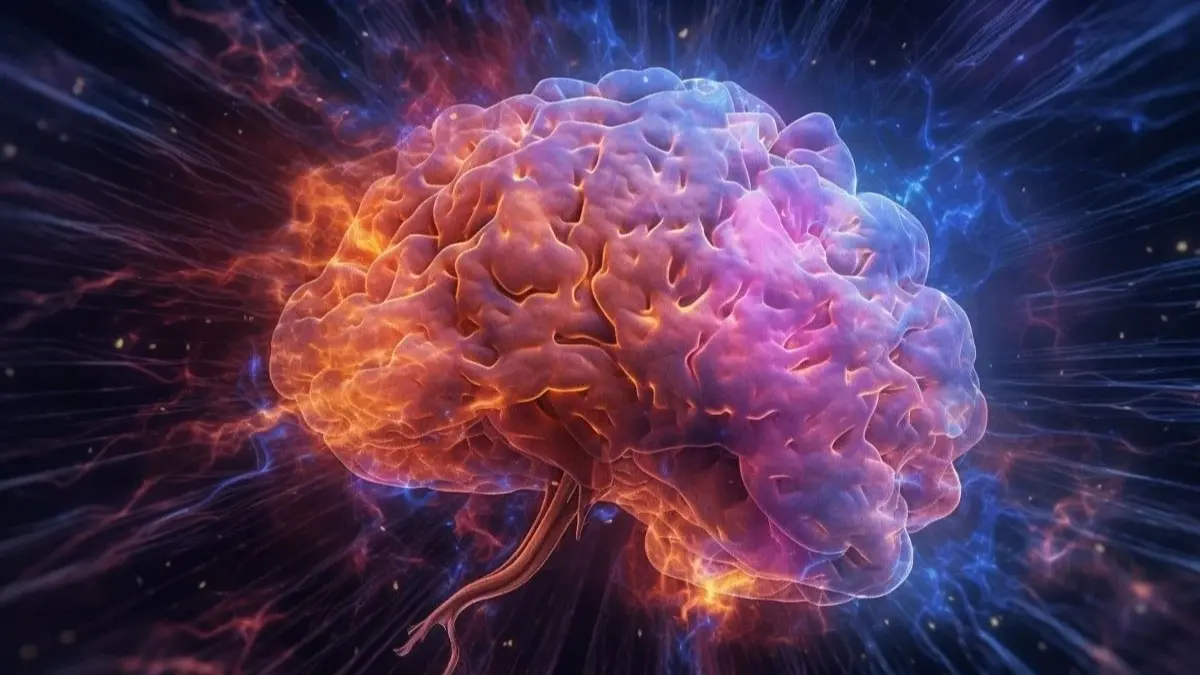Updated 1 January 2025 at 23:56 IST
Can Scientists Recover Memories From A Dead Person's Brain?
Memory formation is one of the most intricate processes in the human brain.
- Science News
- 4 min read

When a loved one passes away, their personal belongings may be preserved by family members, but what about their memories? Could we one day retrieve the thoughts, experiences, and moments of a person's life from their brain after death? While the idea sounds like something out of a science fiction novel, neuroscientists believe there may be a way—albeit a difficult and complex one—to partially access some of these memories. But the process is far from simple, and there are many hurdles to overcome before it becomes a reality.
The Science of Memory
Memory formation is one of the most intricate processes in the human brain. In an interview to Live Science, Neuroscientist Don Arnold from the University of Southern California explains that memories are encoded by groups of neurons, cells that are activated when we experience or recall something. In particular, short- and long-term memories are formed in the hippocampus, while other sensory details are stored in various regions like the parietal lobe and sensory cortex.
When these neurons work together, they create a physical trace called an "engram," which serves as a memory's biological footprint. This concept has been studied extensively in animals, with researchers successfully identifying engrams in the brains of mice. For example, a 2012 study published in Nature revealed specific brain cells associated with a memory of fear. But, Arnold says, identifying these memory traces in humans is much more difficult due to the complexity of the brain.
The Roadblocks to Memory Retrieval
To retrieve a memory from a deceased person's brain, scientists would need to first locate the specific group of neurons associated with that memory. This process would also require understanding the intricate web of connections between neurons—connections that can span different parts of the brain. The task becomes even more complicated when you factor in the fact that memories are not static. As Arnold explains, memories evolve over time and can shift between different regions of the brain as they are consolidated.
Advertisement
"Initially, neurons that were active during the original event make up an engram," Arnold says. "But over time, there is evidence that memories move to different locations as they are consolidated in the brain." In other words, memories aren’t locked in one spot—they're fluid, making retrieval much more challenging.
A Distant Dream
Currently, neuroscientists don't have a full map of the human brain, so pinpointing the exact location of a specific memory is impossible. But even if they did, retrieving a memory is not as simple as pulling up a file on a computer. For one, memories are not perfect recordings of past events. Charan Ranganath, director of the Memory and Plasticity program at the University of California, Davis, explains that memory is inherently reconstructive.
Advertisement
"Memory is very reconstructive, meaning that you remember bits and pieces of an event, but you don’t really get the whole thing," Ranganath says to Live Science. This means that even if scientists could identify the neurons associated with a memory, they would not be able to recreate the exact experience as it was lived.
Take, for example, the memory of a birthday party. A person may recall eating chocolate cake and playing tag, but they likely won’t remember all the guests or whether it was raining that day. The brain fills in these gaps using existing knowledge, leaving behind an impression of the event, but not the entire, precise experience.
The Future of Memory Research
Even with advances in technology, the prospect of creating a machine learning model to retrieve memories from a deceased person's brain remains far off. Ranganath suggests that a neural network capable of such a task would require an extensive lifetime of brain scans, with a person repeatedly remembering their experiences to create a model of their memory system. This, however, assumes that memories are like static files stored on a hard drive—a belief that is increasingly being questioned.
"We imbue our memories with all sorts of meaning and perspective in a way that is not necessarily reflective of the event," Ranganath explains. "We don’t replay the past, we just imagine how the past could have been."
For now, at least, it seems the memories of a life lived will remain sealed within the person who experienced them. And once that person is gone, those fragments of the past will likely vanish with them.
While memory retrieval is an intriguing possibility, it remains a distant dream in the realm of neuroscience. For the time being, the only way to preserve a loved one's memories is through the stories, photographs, and legacies they leave behind.
Published By : Sagar Kar
Published On: 1 January 2025 at 23:56 IST
